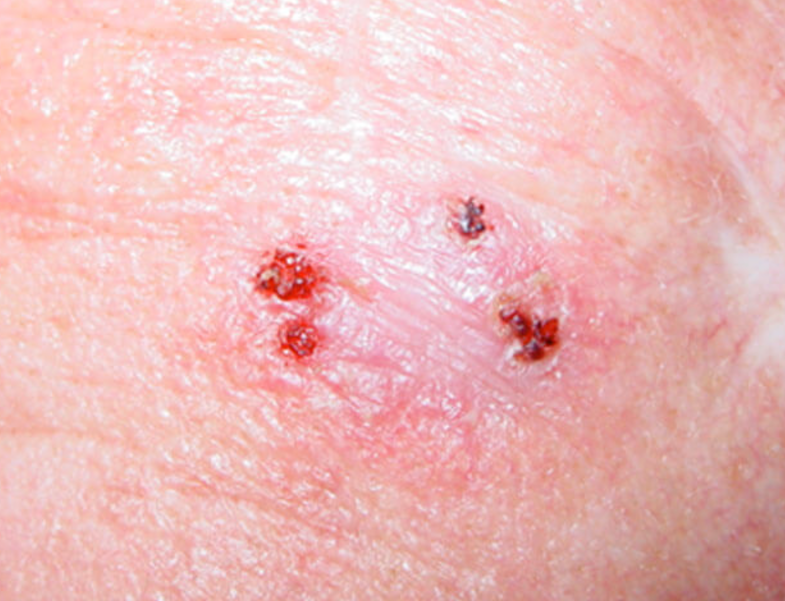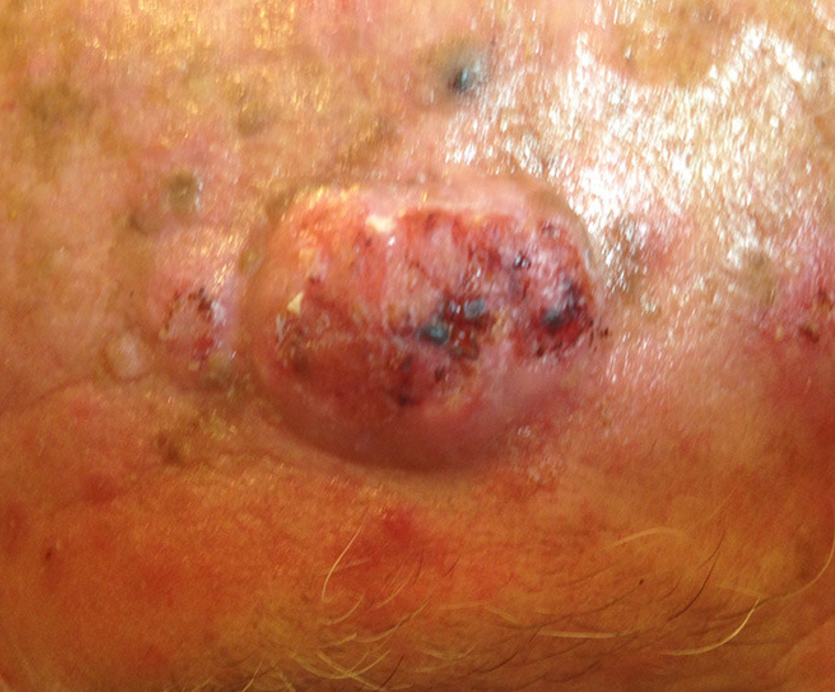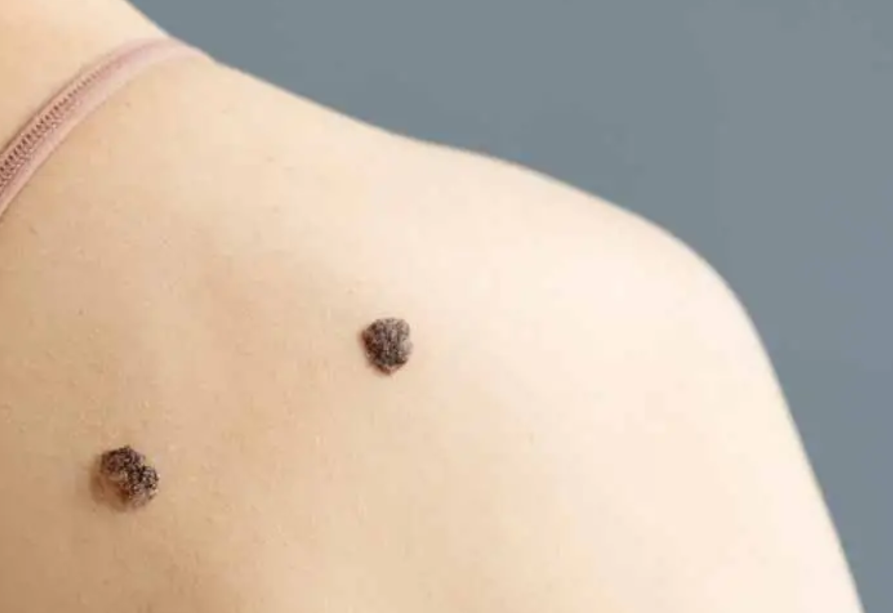NIVEA SUN Protege & Hidrata Leche Solar FP50+ (1 x 400 ml), protector solar hidratante y resistente al agua con protección UVA/UVB, protección solar muy alta
PIZ BUIN Allergy Sun Sensitive Skin Lotion FPS 50 (200 ml), protector solar corporal con FP50, protección solar muy alta para pieles sensibles, loción corporal con filtros UVA/UVB
Garnier Delial Sensitive Advanced - Leche Solar para Pieles Claras, Sensibles e Intolerantes al Sol, Alta Protección IP50+ - 400 ml
GARNIER DELIAL Crema Facial Fluida Uso Diário Muy Alta Protección Solar FPS50+ AntiManchas Con Vitamina C, Fórmula No Comedogénica 40 ml
Avène Solar Intense Protect Spf50 150ml
Garnier Delial Sensitive Advanced Bruma Protectora FPS50, 150ml
Skin cancer is one of the most common types of cancer in the world. It develops when skin cells begin to grow uncontrollably. Over time, this condition has been associated with prolonged exposure to ultraviolet (UV) radiation from the sun, but there are other risk factors. In this article, we will discuss the main types of skin cancer, their symptoms, diagnosis, and treatment options.
There are several types of skin cancer, the most common being:

Hecarcinoma basocelularBCC is the most common type of skin cancer. It usually develops on areas of the body that are exposed to the sun, such as the face, neck, and hands. This type of cancer usually appears as a shiny bump or red spot. If left untreated, BCC can grow and damage nearby tissues, but it rarely spreads to other parts of the body.

Hecarcinoma espinocelularIt is the second most common type of skin cancer. It may appear as a red, scaly bump or sore. This type of cancer is also found in sun-exposed areas, but it can spread if not treated properly. Early detection and treatment are recommended to prevent complications.

HemelanomaIt is the most serious type of skin cancer. Although it is less common, it can be fatal if not diagnosed early. It usually presents as a change in the appearance of an existing mole or as a new brown or black spot. Risk factors include family history, fair skin, and heavy exposure to the sun or tanning beds.
It is important to know the symptoms in order to detect skin cancer early. Signs may include:
- Changes in moles
- New spots on the skin
- Scaly or rough bodies
- Pink or red lumps
Early diagnosis is crucial for effective treatment of skin cancer. A dermatologist will perform a physical exam and may perform a biopsy to determine if a lesion is cancerous. There are different types of biopsies, including:
- Excisional biopsy
- Needle biopsy
- Superficial biopsy
Treatment options for skin cancer will depend on the type and stage of the cancer. Alternatives include:
- Surgery to remove the tumor
- Radiotherapy
- Topical chemotherapy
- Immunotherapy
Prevention is key in the fight against skin cancer. Some recommendations include:
- Use sunscreen with a sun protection factor (SPF) of at least 30.
- Avoid sun exposure during peak hours.
- Wear protective clothing and sunglasses.
- Perform regular skin self-examinations.
Skin cancer is a treatable disease if detected early. Make sure you protect your skin and stay alert to any changes in it.